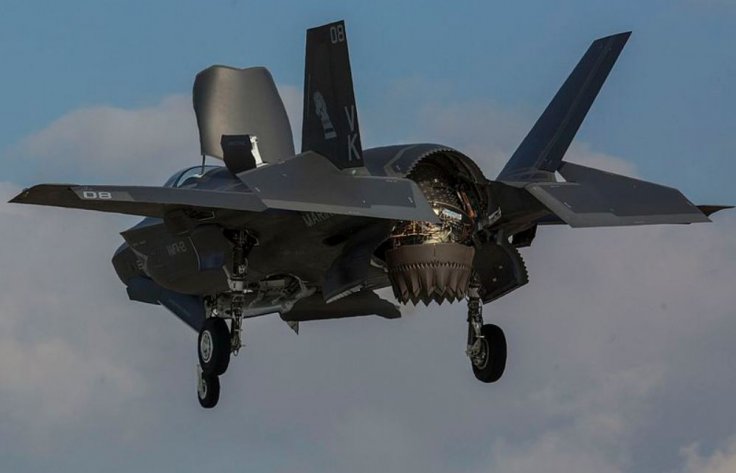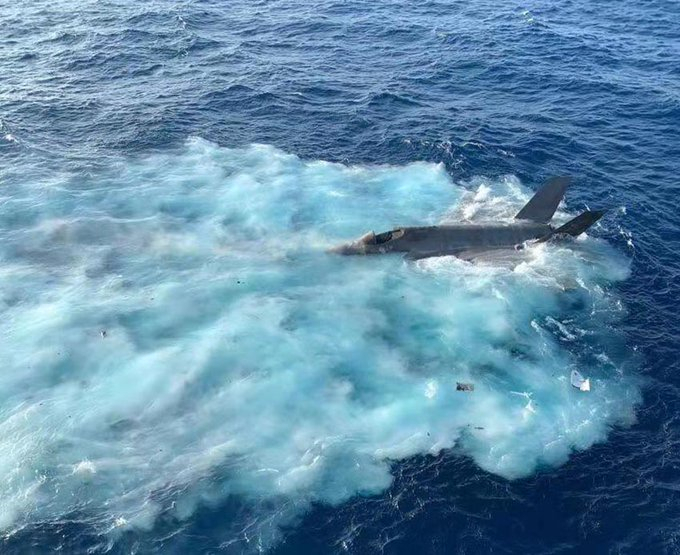The US Department of Defense allowed the resumption of Lockheed Martin's F-35 fighter jet deliveries weeks after the discovery of the presence of a Chinese alloy in the jet's engine.
Politico reported that the Pentagon has completed its probe into the matter and informed Congress that the Chinese alloy does not pose a risk to security. The department told Congress that the undersecretary of defense for acquisition and sustainment has signed a national security waiver.

Cobalt and Samarium Alloy
Last month, Lockheed Martin informed the department of defense that F-35 fighter jet's engine had used a cobalt and samarium alloy that was delivered from China. The department of defense said it would probe the matter.
"They're looking at two things, impact on security — if any — and impact on air worthiness or safety — if any. Right now, so far, there doesn't appear to be any ... If we, in fact, find neither of those to be the case, we'll be able to do a waiver and do the replacements and get the production line moving again. So I'm hoping this is going to be resolved pretty soon," Bill LaPlante, DoD under secretary of defense for acquisition and sustainment, had told reporters at that time.
The official explained that Lockheed Martin, the contractor, had self-reported the finding. The DoD decided to halt deliveries and probe the matter.
No Disruption to In-Service Aircraft
The F-35 Joint Program Office had told USNI News at that time that it did not believe it was necessary to remove the magnet from in-service aircraft. "We have confirmed that the magnet does not transmit information or harm the integrity of the aircraft and there are no performance, quality, safety, or security risks associated with this issue and flight operations for the F-35 in-service fleet will continue as normal," Russell Goemaere, the spokesman for F-35 Joint Program Office said.

Honeywell Made the Turbomachine
Though Lockheed Martin is the primary contractor for the F-35 warplane, the part in question was built by Honeywell. The magnet that received Chinese alloy was used in the pumps of the aircraft's turbomachine, which Honeywell is manufacturing.
"Honeywell remains committed to supplying high-quality products that meet or exceed all customer contract requirements. We are working closely with DOD and Lockheed Martin to ensure that we continue to achieve those commitments on products Honeywell supplies for use on the F-35," Adam Kress, a spokesman for Honeywell, said in a company statement.
However, at the time, the Pentagon insisted that the material posed no threat.
This means that the department will not require the part containing the Chinese alloy in jets that have already been delivered to be replaced. Interestingly, Honeywell had been using the alloy for about 20 years before discovering that its component originated in China.









